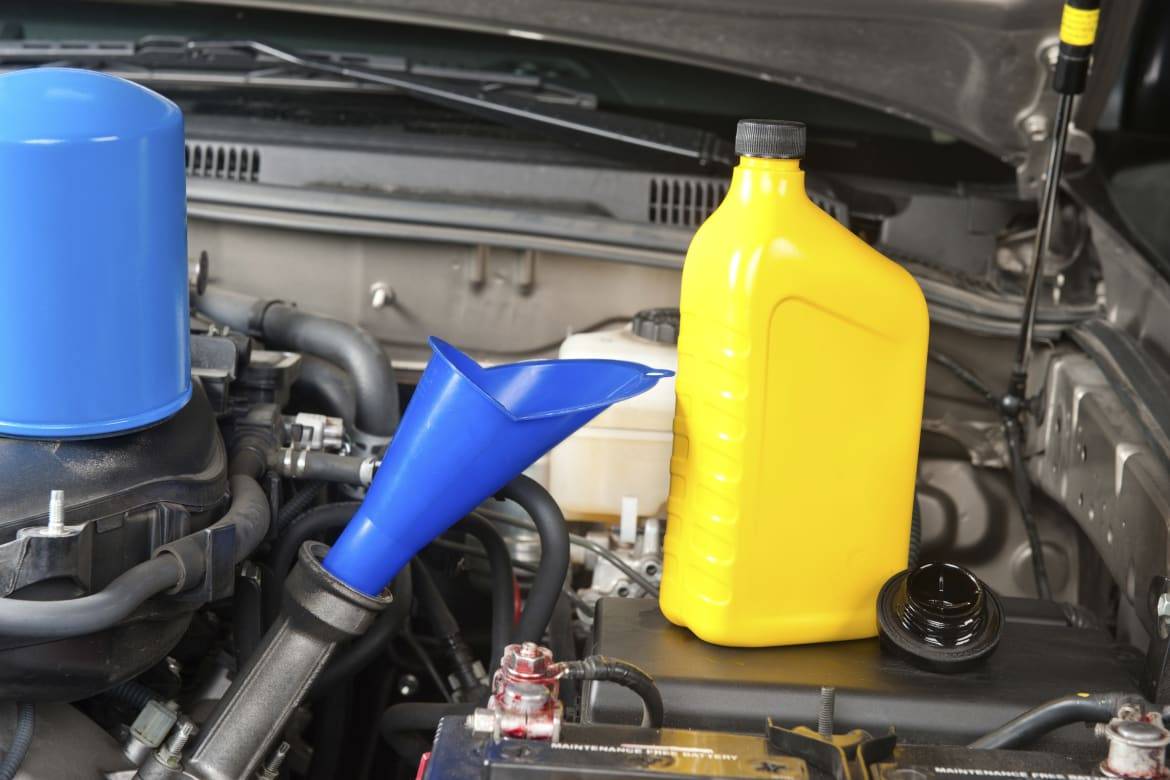Is it worth the extra cost for oil for high-mileage engines?
Oils containing conditioners are said to have the ability to restore seals and prevent oil leaking, which can be a problem with high-mileage engines.
As they age, gaskets and internal seals can become less durable and allow oil to seep in. Oil streaks can appear on lower engine parts or oil stains on driveways or garage floors. If valve-guide seals fail, motor oil can leach into combustion chambers. If the valve-guide seals fail, motor oil can leach into combustion chambers. The engine then starts burning oil. Even though small oil leaks won't cause visible blue smoke but the oil level will drop to the minimum mark.
High-mileage oils have a high rate of seal conditioners that can reduce or eliminate small leakages. They can also restore seals to their original size and shape. Engines that don't leak or burn oil are not recommended to use high-mileage oil.
It's up to you to decide if your car uses less oil than it does for 100,000 miles. It is not harmful and can help prevent oil from leaking.
High-mileage oils contain seal conditioners and more detergents for cleaning the engine. Every motor oil claims to be able to do amazing things for an engine.
Some mechanics recommend thicker oil (higher viscosity), like 10W-30 full synthetic oil. They also suggest adding oil additives to prevent oil from leaking. It can be more difficult for an engine to start in cold temperatures if it has thicker oil. This reduces oil circulation and raises oil pressure. This will increase the pressure required to push oil past seals and gaskets.
Learn more at Courtesy Automotive Service Center.

